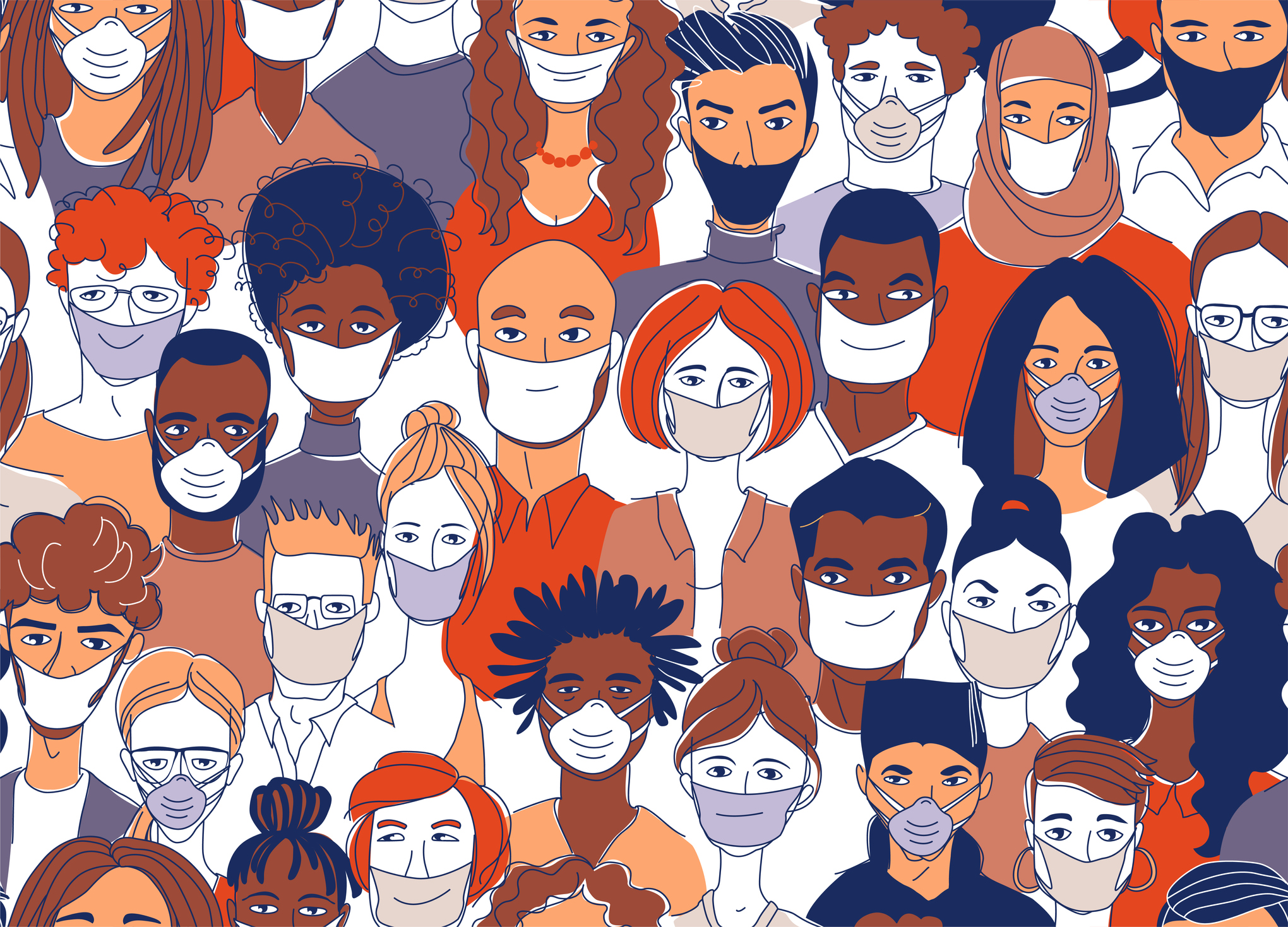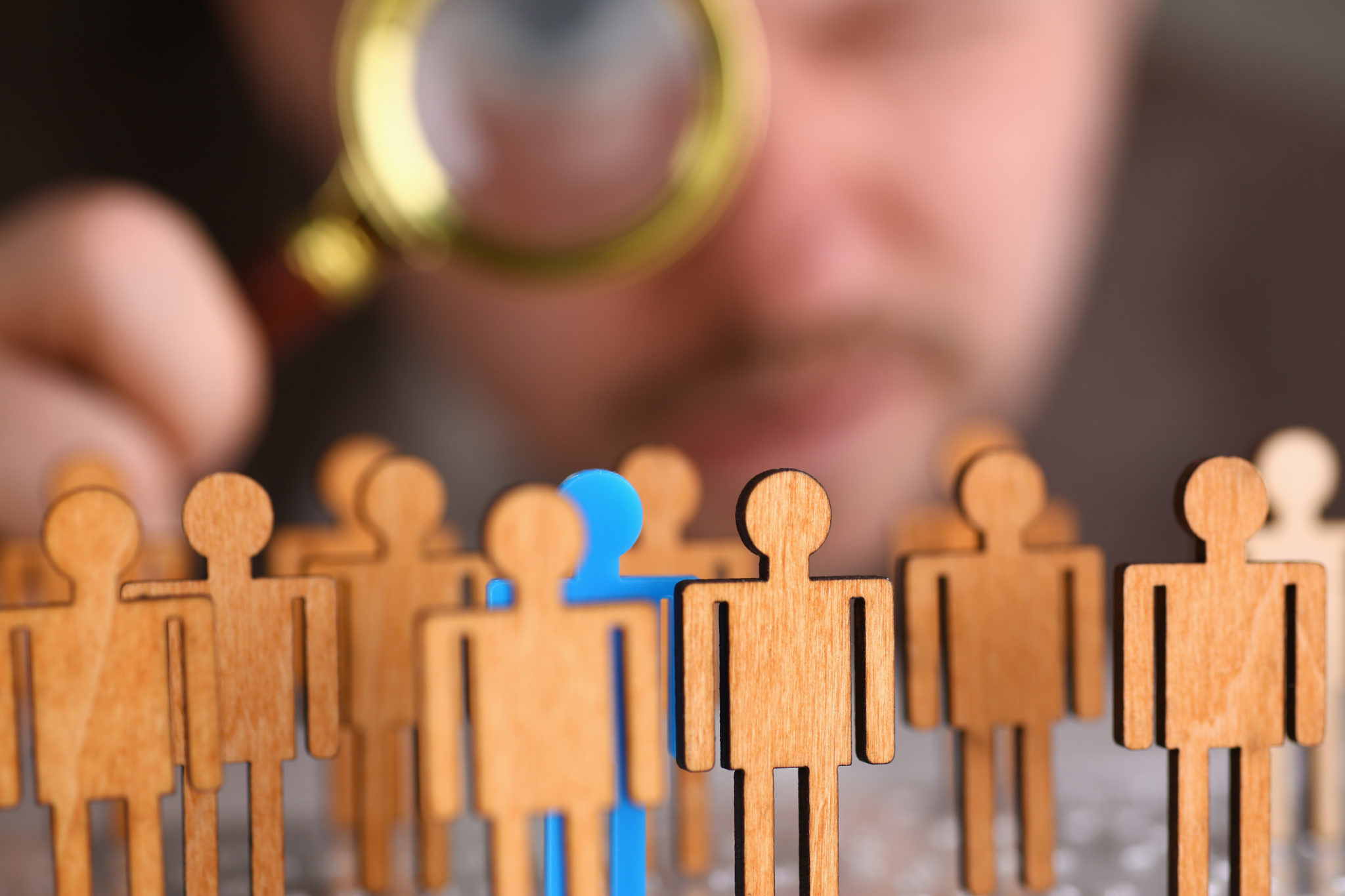The mental health of American children is a topic which has seen a lot of debate and research in recent years. Investigations into suicide rates, bullying, violence, and other social issues facing students have revealed growing (or perhaps previously invisible) mental health issues among the nation’s youth.
Violence occurring in schools has been one of the major driving forces behind a focus on mental health for students. However, the connection between mental health and acts of mass violence is tenuous and not currently supported by the American Psychological Association.
Better mental health management and intervention resources are an objective good when it comes to guiding young people through turbulent points in their lives, but framing the conversation around violence is a pitfall that could have lasting ramifications.
Mental Health Resources Are Critical for Survivors
In all the discussion and bluster about shoring up mental health resources in order to prevent violence and detect violent people, one of the most crucial uses for these resources is often overlooked.
Survivors of traumatic events — not just shootings and mass violence, but abuse, assault, rape, and severe accidents — often require a great deal of assistance in their recovery. The conversation about mental health is an ongoing one, and public discourse around it often shifts between urgent panic after a major tragedy and virtual silence in the meantime.
The fact is that mental health can be a “public” epidemic if a large number of people don’t have access to the resources they need, especially young people. However mental health resources cannot be seen as an arm of law enforcement. We have to be very careful, in talking about a vital support system often used by victims, to avoid focusing on perpetrators.
Mental health resources can absolutely be employed to fight very public issues that affect youth: opioid abuse, alcohol abuse, and suicide, among others. Mental health is, on the other hand, a very individual and private experience. That must be respected if we want to actually help our children. If a student who’s being bullied won’t seek help for fear they’ll be handed over to the police as a potential mass shooter, what’s the point of having the resources in the first place?
The more we focus on mental health as a cause of violence — a conclusion not supported by any current medical evidence — the more we alienate the victims and everyday people who rely on mental health support services.
Mental Health Policy Cannot Be Adversarial
The problem with attaching mental health to crisis events in politics and conversation is that there are no quick fixes in mental health. You can’t respond to a crisis and then send people back out to fend for themselves. Well, you can, but it won’t solve any problems.
Mental health is a process of management, maintenance, and follow-up, and people often require access to help for long periods of time if not their whole lives in order to prevent more critical problems. Mental health resources are not a tool for “discovering the cr*zies” in order to prevent them from hurting people. It can’t be stated enough that violence, particularly gun violence, and mental health are statistically unrelated.
So we have to be very careful when talking about mental health as a detection and intervention strategy because it runs the risk of criminalizing a medical condition, punishing people who have done, and will do nothing wrong, and discouraging people from seeking help.
Remember that mental health can mean a number of things, which include environment or event-based incidents that cause trauma, chemical imbalances that cause things like depression, as well as permanent intellectual disabilities. Everyone has different needs, and while it may be plausible that good mental health resources may help prevent a violent event, it has not been empirically proven. Public safety is not, nor should it be, the job of mental health professionals. That’s because there is no correlation between people with mental illness and people who are a danger to public safety.
The desire to separate ourselves from people who commit acts of violence makes sense, and calling a violent person mentally ill is one way to do that. Unfortunately, it’s at best a harmful misunderstanding, and at worst a malicious falsehood. We all have a relationship to violence, the differences between acceptable and unacceptable types of violence are matters of social consensus and law. It would be a mistake to suggest that all American slave owners were mentally ill. It would also be a mistake to suggest that people who are trained to perform acts of violence under certain circumstances, soldiers and law enforcement, are mentally ill. The difference between acts of violence that we condone, or consider necessary, and those we don’t, are the rules we place on them. A propensity to do illegal or immoral things is generally not a symptom of most mental illnesses. Most of the violence in society, moral and immoral, is committed by people who do not have mental illness.
Related Content:
A 13-Year-Old’s Perspective on How to Stem Violence in the World
Why Mental Health Education in Schools is So Important?
Counselors and Mental Health Professionals Aren’t Just For People With Big Problems
Mental health is something that, at some point, almost all of us will struggle with. Some people struggle more than others, and some people struggle for their whole lives, but everyone needs a little help once in a while.
Our children are at once extremely resilient and uniquely vulnerable. Adolescents go through many turbulent periods, and there is no shame in receiving help, because, again, much of mental health is about maintaining, not fixing. Counselors at schools with more resources are able to provide students not only with help during emotionally distressing events but also develop their social and professional skills, setting them up for academic and career success. Workers for students with disabilities make a huge difference in the lives of their students. Crisis intervention workers can certainly address more serious issues but are primarily concerned with cases such as abuse, serious bullying, addressing suicide, and other situations legitimately connected with mental health. They are also uniquely positioned to intervene early before stress, trauma, and depression lead to serious disorders such as substance abuse.
The proclivity for violence is not one of the things attributable to mental health, and so however well-meaning, calling for greater mental health in order to combat school violence is not only ineffective, it actively damages the cause of mental health. It’s a disservice to children to clamor about mental health when someone commits violence and then ignore the worrying statistics that tell us 60 percent of adolescents with major depressive episodes do not receive any form of treatment.
So yes, mental health is an issue in America. It’s just not the issue politicians want it to be.
Noah Rue
Website:
https://hackernoon.com/@nyrue24
Noah Yarnol Rue is a journalist and digital nomad. He is fascinated with global health and modern technology.
His love of writing and research began while attending college in the small Pacific Northwest town he called home. His writing is influenced by his journalistic integrity to share the truth and give the reader the information they crave to know.
Noah’s curiosity created his nomadic lifestyle. He is on the move across the U.S. meeting new people, learning about different cultures and current trends that influence people.
In his free time, Noah enjoys 1930s mystery novels, researching his next travel location and is a huge fan of the Olympics.
Comments:
Leave a Reply
Comment will held for moderation















The U.S. medical industry is one of the poorest run businesses in the World yet the medical community and its patrons INSIST on its existence each and every day! My CT scan costs me $100 cash but I am really paying upwards of $3,000. WHY?
The Citizens continue to endorse the democrats and republicans who systematically destroy the lives of millions of Citizens. Why is that? Kind of “mental” isn’t it?
Why do you think Bezos, Dimon, and Buffett partnered to FIX health care for their employees? Because of the sick society of 323,000,000 people and the non-leaders that they put into power.
I drafted the “National Health Plan USA” that not only finances a Citizen’s health but their education as well. This gives the People the energy, motivation, and chance to do wonderful things besides worrying about how they are going to pay for health and education.
GUESS WHAT? The People don’t want SMART. :O(
It is very easy to do, yet very difficult to get 323,000,000 people to do “easy” (yes, it takes more intelligence than that of 1 brain cell) when instead they can vote for criminals.
Sick society. We have no one to blame but ourselves.
Kind regards,
Al Toman
Degreed bio-scientist, engineer, philosopher, and author of over 110 writes
It’s hard for anyone to argue against a need for better treatment for mental health in this country. And while violence is at the core of this article, something as non-violent as ADHD is prohibitively expensive. In the two months since my son was diagnosed, and I’m well-insured, out of pocket expenses are already at $3000 – and that’s with some medications free (for now) with a coupon from the manufacturer. Therapy: $135 per week. Medication: $400 per month. Doctor visits: $80 every two weeks. This (almost) all goes toward your deductible. Unless your plan (and we all have the “right” plan, don’t we – we see this coming) has a very low deductible, this will run $1000 per month, every month, forever, and (probably) climbing. So why aren’t people getting treatment? Well, diagnosis is just part of the solution. Talking about the need for treatment is not helpful without calling out insurance companies who take advantage of this dire need.
Initially calling high deductible plans “consumer-directed plans” was marketing genius disguising the real truth that these plans have cost shifted huge amounts of the cost to consumers. I am sorry to learn about the financial burden your son’s diagnosis is causing your family. We need a complete redo not only of health insurance, but also mental health care in this country.
[…] — the more we alienate the victims and everyday people who rely on mental health support services.We Need a Focus on Mental Health, Not Just Violence in Schools published first on […]
[…] Ver Fuente […]